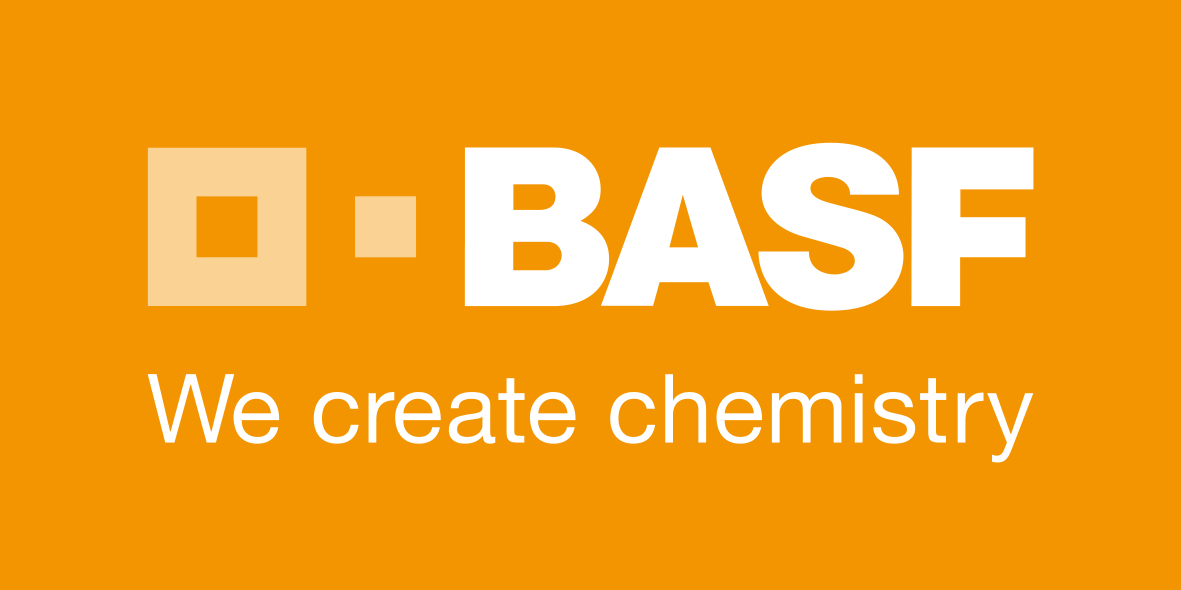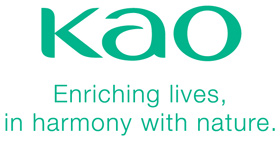Marieke Leegwater, Solidaridad Palm Oil Program
As part of this year’s European Roundtable we have interviewed Principles & Criteria Task Force members on the P&C Revision process to understand the complexities of the standard’s review and possible outcomes from their unique viewpoints.
Marieke Leegwater coordinates the global Solidaridad Palm Oil Program, focused on building sustainable and inclusive palm oil value chains. Within the programme Solidaridad supports farmers across all major palm oil producing regions to raise yields and cooperates with companies and other stakeholders throughout the value chain to build sustainable supply chains. Within the Roundtable on Sustainable Palm Oil Marieke co- leads the Working Group Smallholders and is member of the Complaints Panel.

- From your perspective as an NGO how will a revision of the RSPO Principles and Criteria (P&C) strengthen global standards for sustainable palm oil?
Sustainability is a journey we are on together. Over time we have learnt what is working in the standard and how it can be improved. The revision of the RSPO Principles and Criteria offers an opportunity to now integrate key learnings.
For Solidaridad one important learning has been that the current standard is too complicated and too expensive in particular for independent smallholders. A critical improvement we see is that this time there will be a separate, simplified standard for independent smallholders. The new Smallholder Standard will only contain the key requirements that are most relevant and appropriate for smallholders. A stepwise entry mechanism will also be introduced to ensure easy entry into the system. The new Smallholder Standard aims to strike a balance between safeguarding the credibility of RSPO and RSPO certified material, whilst also making RSPO more inclusive.
The P&C Task Force is keen to hear the perspective of others, we invite you to take a look at the standard for yourself and share your opinion.
- The P&C revision process is a multi-stakeholder approach – why is this important and how do you arrive at a consensus?
The multi-stakeholder approach within RSPO ensures different perspectives can be considered in all processes – this includes the current P&C review. During meetings consensus is achieved by talking and listening to gain a better understanding of each other’s perspectives. This unique but effective approach does sometimes mean meetings take a long time.
For example, the last meeting lasted 3 days but I think consensus was reached on many key topics – such as what is reasonable to expect with respect to a plantation company to facilitate breastfeeding.
- Can you tell us about one of the challenges and one of the triumphs that resulted from the 1st Public Consultation?
During the 1st Public Consultation, there was a very rough consultation document on smallholder issues which asked several specific questions.
The results were very different and scattered, but overall, showed overwhelming support to develop a separate simplified smallholder document. I think this demonstrates that we are moving in the right direction with the new standard.
- Inclusiveness for smallholders is fundamental for RSPO to achieve its desired impact of making 100% sustainable palm oil the norm. What are your expectations for the new RSPO Smallholder Standard? How will implementation help accelerate market transformation?
We expect the new Smallholder Standard will now make it easier for smallholders to enter the RSPO system. We also expect it will be easier for mills to support smallholders within their supply base to maintain compliance with certified sustainable palm oil production standards.
Currently, many of the mills that source substantial volumes of palm oil from smallholders use the Mass Balance approach. Through the simplified smallholder standard, RSPO will offer more of a holistic solution to mills and for buyers to support mills.
- There’s been some recent criticism on the effectiveness of certification standards, how will a revision of the RSPO P&C address some of the issues raised and seek to strengthen synergies across the supply chain?
I think some of this criticism relates to the fact that RSPO does not reduce or stop deforestation. Regarding this point, I think we need to be realistic in what certification standards can achieve.
The RSPO is an important platform where stakeholders can unite and work together to resolve issues, but RSPO cannot solve issues surrounding deforestation and land use planning alone. For that, also support from governments is needed.
I expect the new P&C standard to address the criticism that RSPO is not inclusive enough for smallholders; as the new simplified smallholder standard means RSPO can now better facilitate smallholders to enter the system.
I hope the P&C revision will also strengthen synergies in the supply chain – it would be great if end users could support mills to support the smallholders in their supply bases.












